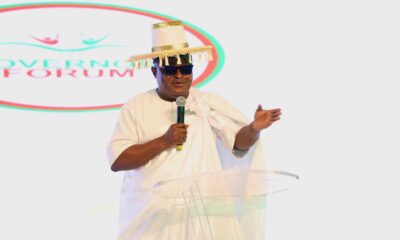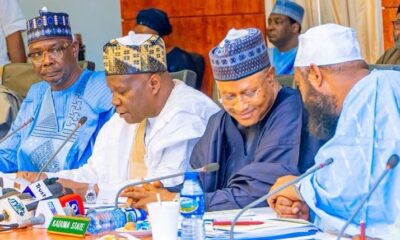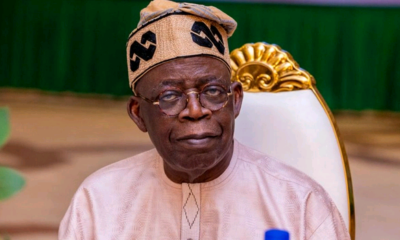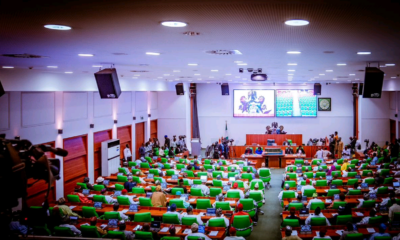BIG STORY
148 Communities Attacked In 6 Years, 2m People Displaced In S-Kaduna – SOKAPU

- /home/porsch10/public_html/wp-content/plugins/mvp-social-buttons/mvp-social-buttons.php on line 27
https://porscheclassy.com/wp-content/uploads/2022/04/map-of-Kaduna-state-e1648494910291.jpg&description=148 Communities Attacked In 6 Years, 2m People Displaced In S-Kaduna – SOKAPU', 'pinterestShare', 'width=750,height=350'); return false;" title="Pin This Post">
- Share
- Tweet /home/porsch10/public_html/wp-content/plugins/mvp-social-buttons/mvp-social-buttons.php on line 69
https://porscheclassy.com/wp-content/uploads/2022/04/map-of-Kaduna-state-e1648494910291.jpg&description=148 Communities Attacked In 6 Years, 2m People Displaced In S-Kaduna – SOKAPU', 'pinterestShare', 'width=750,height=350'); return false;" title="Pin This Post">
-

 ENTERTAINMENT9 hours ago
ENTERTAINMENT9 hours agoBREAKING: Popular Nollywood Actress Allwell Ademola Dies At 43
-
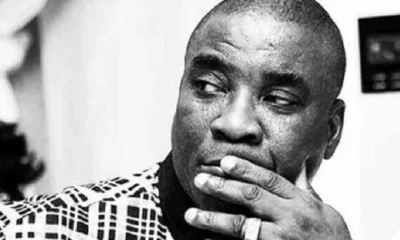
 BIG STORY5 days ago
BIG STORY5 days agoKWAM1 Loses Bid To Block Awujale Selection Process
-

 BIG STORY2 days ago
BIG STORY2 days agoAirstrikes Show Nigeria, US Resolve To Counter Terrorism — Defence HQ
-

 BIG STORY5 days ago
BIG STORY5 days agoVisas Issued Before January 1, 2026, Remain Valid… US Assures Nigerians After Travel Restrictions
-

 BIG STORY5 days ago
BIG STORY5 days agoJUST IN: Super Eagles Receive National Honours, Housing, Land Documents Promised By Tinubu
-
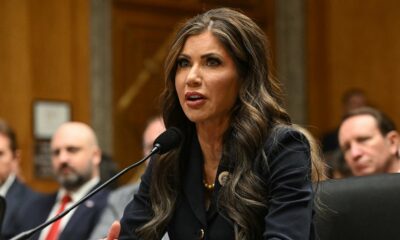
 BIG STORY5 days ago
BIG STORY5 days agoUS Launches $3,000 + Free Flight ‘Leave Voluntarily’ Immigration Plan
-

 BIG STORY5 days ago
BIG STORY5 days agoUS To Stop Issuing Visas To Nigerians From Jan 1, 2026
-

 BIG STORY2 days ago
BIG STORY2 days agoFG Confirms US Airstrikes On terrorists, Cites Intelligence Cooperation







